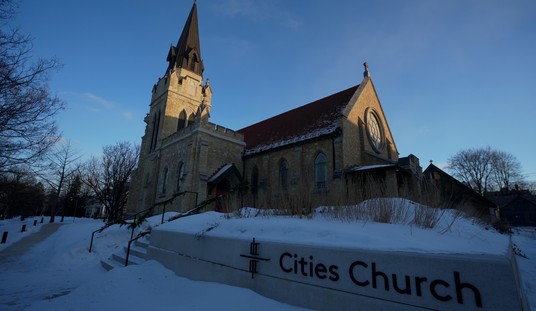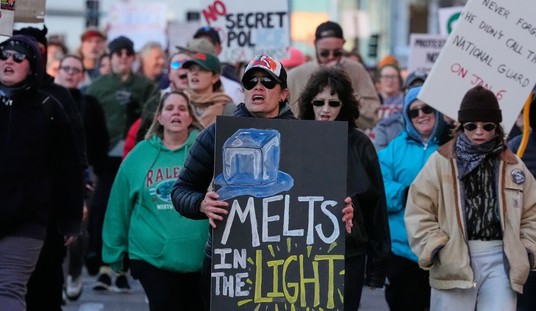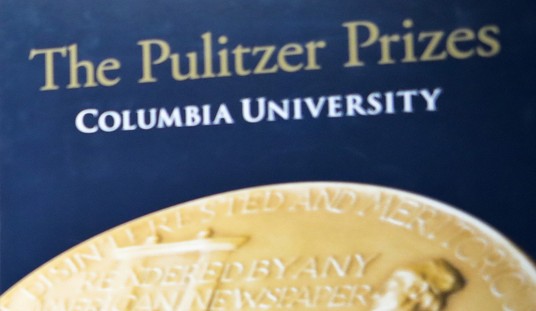As you may have already heard, the President showed up in the White House briefing room on Friday to give an impromptu address to the press corps on the current state of race relations in America and how the outcome of the George Zimmerman trial is affecting same. While supporters billed the appearance as a more generic, “healing” address in troubled times, it opened and closed with comments regarding the court case in question. We can leave for another day the issue of whether the Comforter in Chief should be diving into the results of one specific trial in Florida, but there was plenty of fodder for pundits included.
To begin with, not everything the President said was out of bounds or off the mark. There are still issues of racial tension in this nation (though the inaccurate perception that it’s vastly swinging in one direction need to be addressed) and it’s a subject which merits some work. But it’s difficult to see how this particular speech was helpful in terms of easing racial tensions given one of the glaring talking points – along with an equally glaring omission – which led off the event. (The full text of remarks can be found here.)
First of all, I want to make sure that, once again, I send my thoughts and prayers, as well as Michelle’s, to the family of Trayvon Martin, and to remark on the incredible grace and dignity with which they’ve dealt with the entire situation. I can only imagine what they’re going through, and it’s remarkable how they’ve handled it.
The second thing I want to say is to reiterate what I said on Sunday, which is there’s going to be a lot of arguments about the legal issues in the case — I’ll let all the legal analysts and talking heads address those issues. The judge conducted the trial in a professional manner. The prosecution and the defense made their arguments. The juries were properly instructed that in a case such as this reasonable doubt was relevant, and they rendered a verdict. And once the jury has spoken, that’s how our system works.
The second part of the quoted text is also worthy of note, and it’s to the President’s credit. Too many people analyzing this case completely skip over the fact that there was, in fact, a trial, and that it produced a result in accordance with the law. But to backtrack just a bit, Barack Obama’s opening paragraph still essentially shoots holes in the message.
The President isn’t just talking about a family losing a son, but with “the entire situation.” The rest of the speech goes back to the well again and again, talking about gun laws and self defense and, “what would have happened if” Trayvon Martin were white. This was about the trial, and the underlying message was simple: The Martin family was ripped off by the justice system because the system is biased and a guilty man was allowed to kill their son.
How does President Obama square that with the second paragraph of his speech? There is not one ounce of recognition of the possibility that the jury arrived at the correct verdict, that Martin was the aggressor and that Zimmerman was put in a position of feeling that he had to defend his life?
This leads us to the other glaring omission. You’ll note that in the initial expressions of sympathy and understanding, George Zimmerman’s name was not mentioned once. If my previous, far fetched idea that Zimmerman was innocent – backed up only by the flimsy excuse that a court of law found him to be so – were even possibly true, was the Zimmerman family also not feeling the sting of the long, drawn out proceedings which followed and the social stigma which will be trailing George Zimmerman for the rest of his life? Was there not a moment to spare in this “historic speech” (as Wolf Blitzer later termed it) for a few thoughts for the family of the man who was found innocent?
No, there was not. And with that in mind, what was portrayed as an important address to heal the racial divide in America could, in some part, wind up being even more divisive. Perhaps there are times when it’s best for the leader of the Federal Government to stay on the sidelines in states’ issues, including high profile trials.








Join the conversation as a VIP Member